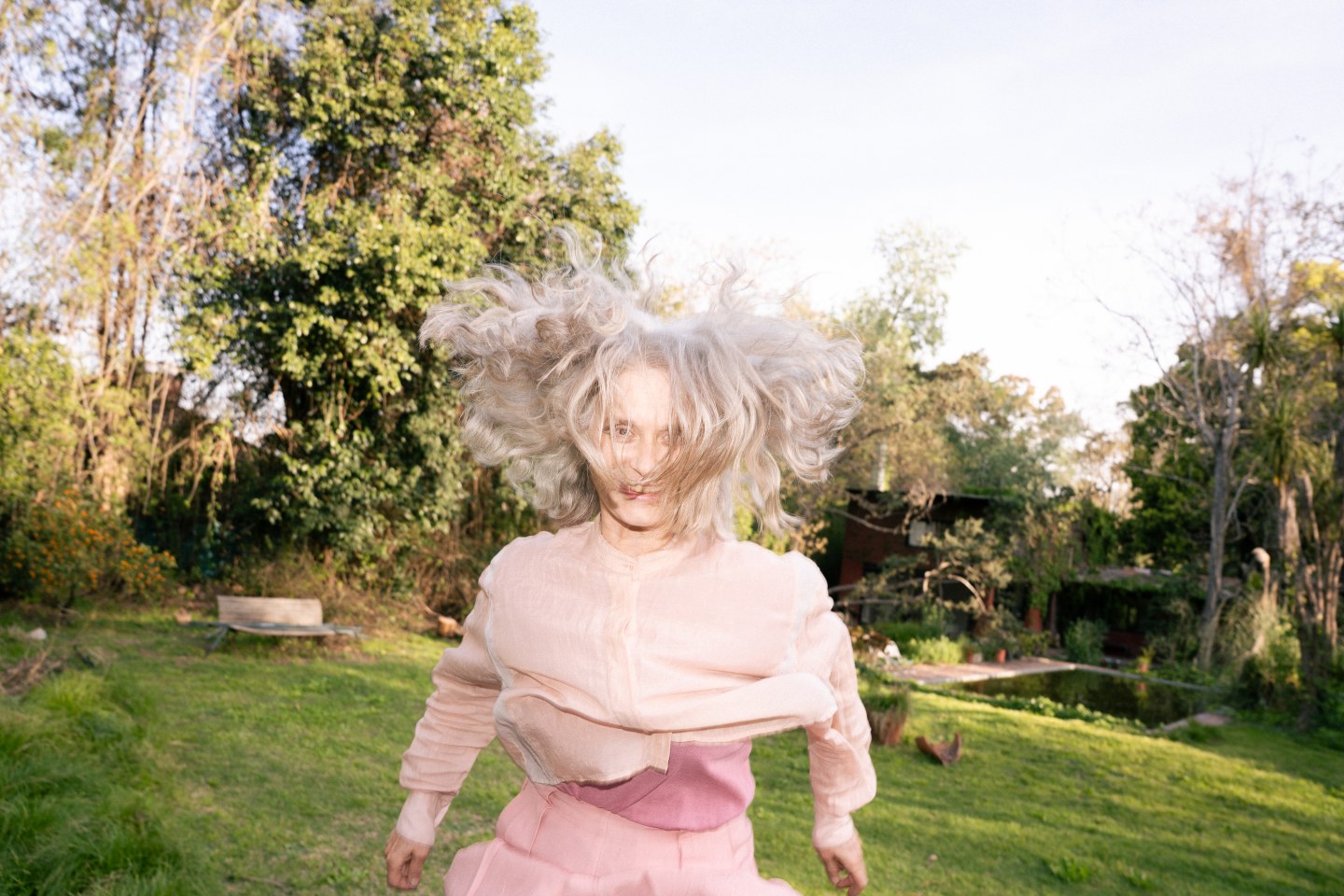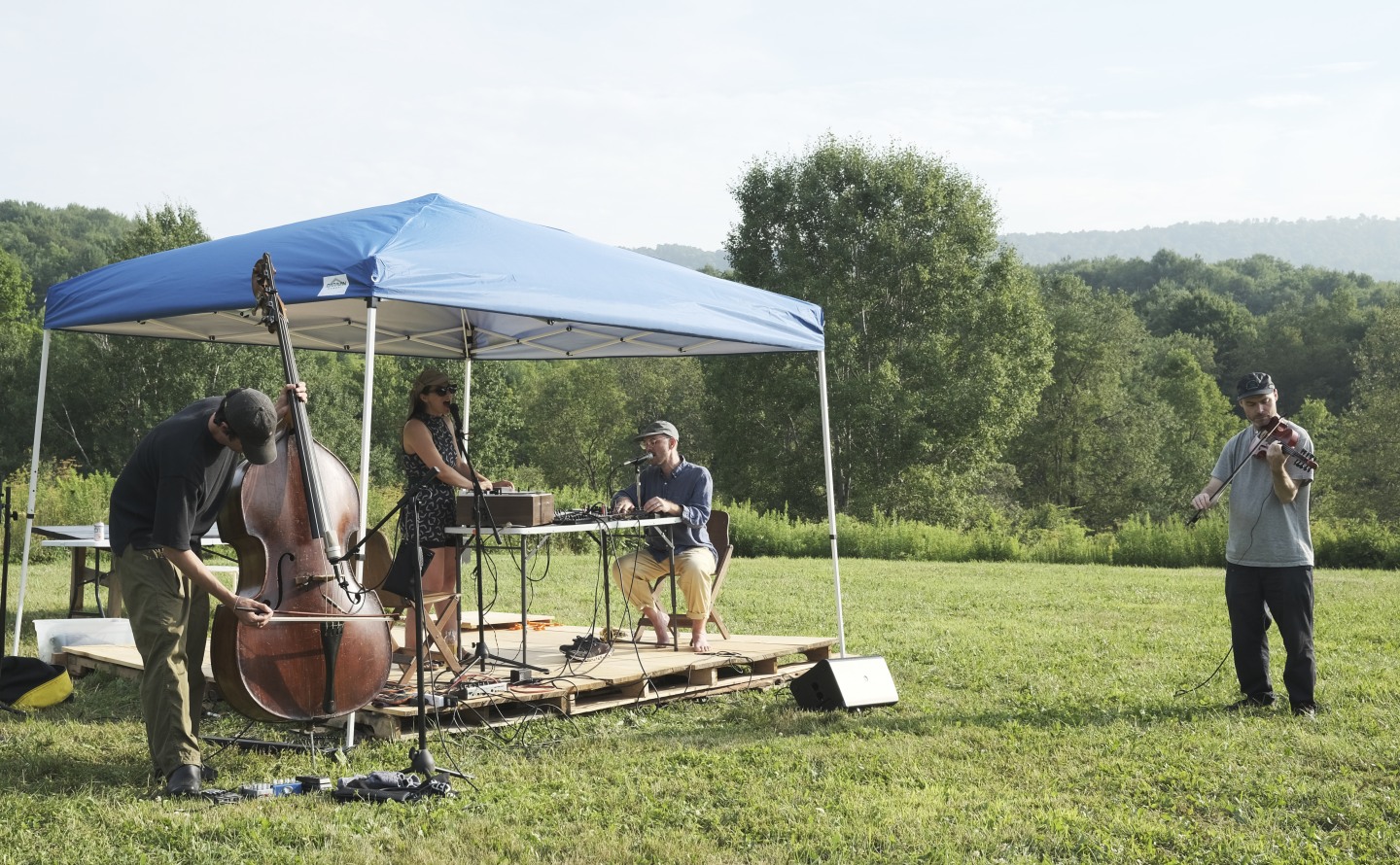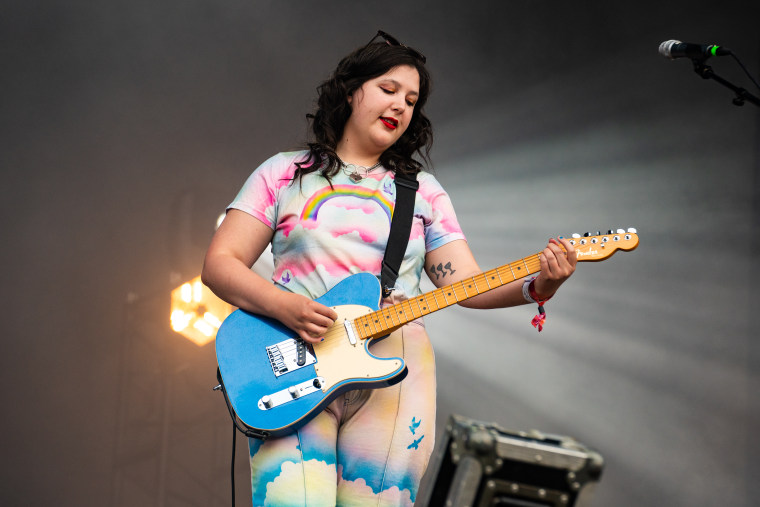Photo by Verena Algranti
Juana Molina’s grandmother lived on the ninth floor of a Buenos Aires building with a slow, noisy elevator. Riding up and down on runs to the corner store below, Molina would sing, improvising against the ugly, squealing drone of its gears. Speaking from her spacious home in the Buenos Aires suburbs half a century later, the morning after her new album DOGA’s release, Molina says she’s told this story “100 trillion times” because it describes an essential component of her essence. “The day I understood it,” she says, “I knew it was something that came with my nature.”
That something is, in part, a love of drones — sustained tones that form the foundations of traditional styles like Indian raga and many modern experimental works. The Argentinian singer, who’s been pushing the boundaries of pop since the mid ’90s, has become well known for incorporating drones into her music. But it’s also a desire to assert control over the chaos of her everyday life. “I have a problem with my ears,” Molina once told the Believer. “When I was living in the city, I threatened people because of some noise they were making that was bothering me.” She’s described herself as a “control freak,” a megalomaniacal figure in her everyday life. It rules her music and recording process.
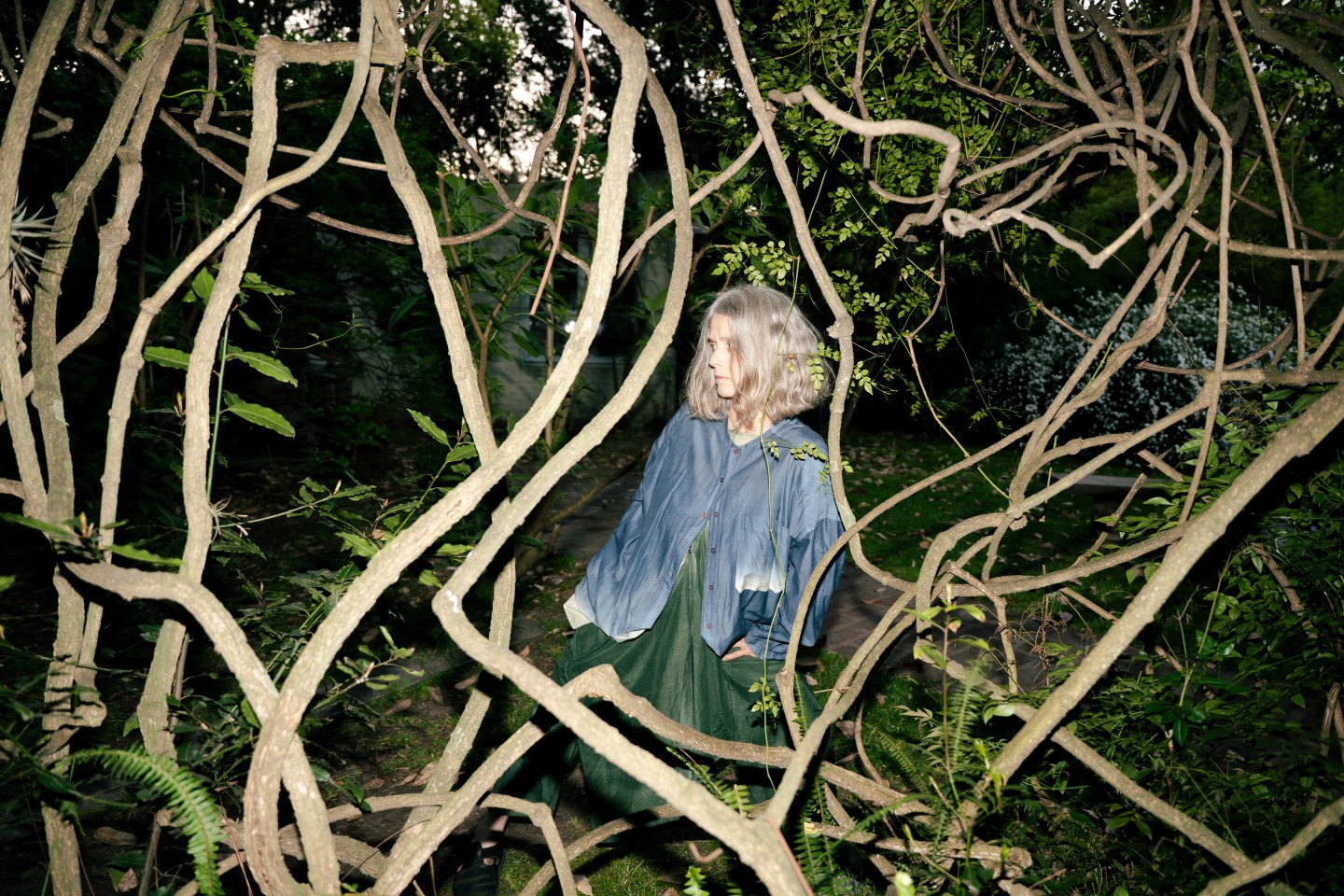
Photo by Verena Algranti
Part of her “control freak” tendencies stems from a desire to make up for lost time. Molina always wanted to play music like her father, a tango singer, but ended up following in the footsteps of her mother, an actress. She found immediate success and was soon given her own sketch comedy show, Juana y sus hermanas, but later quit it to return to the album she’d begun writing 10 years prior. Looking back at Rara, her 1996 solo debut, she says she also felt cornered into making it on the producer’s terms, who shaped her songs to fit more comfortably into the Latin alternative rock radio template and removed her drones to cram in verse-chorus structures. Molina never made the same mistake again.
Each of the seven studio LPs she’s released since then has revealed new facets of her songwriting and arranging — minimal, lush, hazy, motorik. DOGA, her first record in eight years, finds her back behind the wheel with renewed determination. It features some of her most inventive production yet, and lyrics that range from nonsensical (un-trees) to precise (trees). Like any great work of art, it’s the product of an artist stepping outside their default settings to reach for something hidden in the ether.
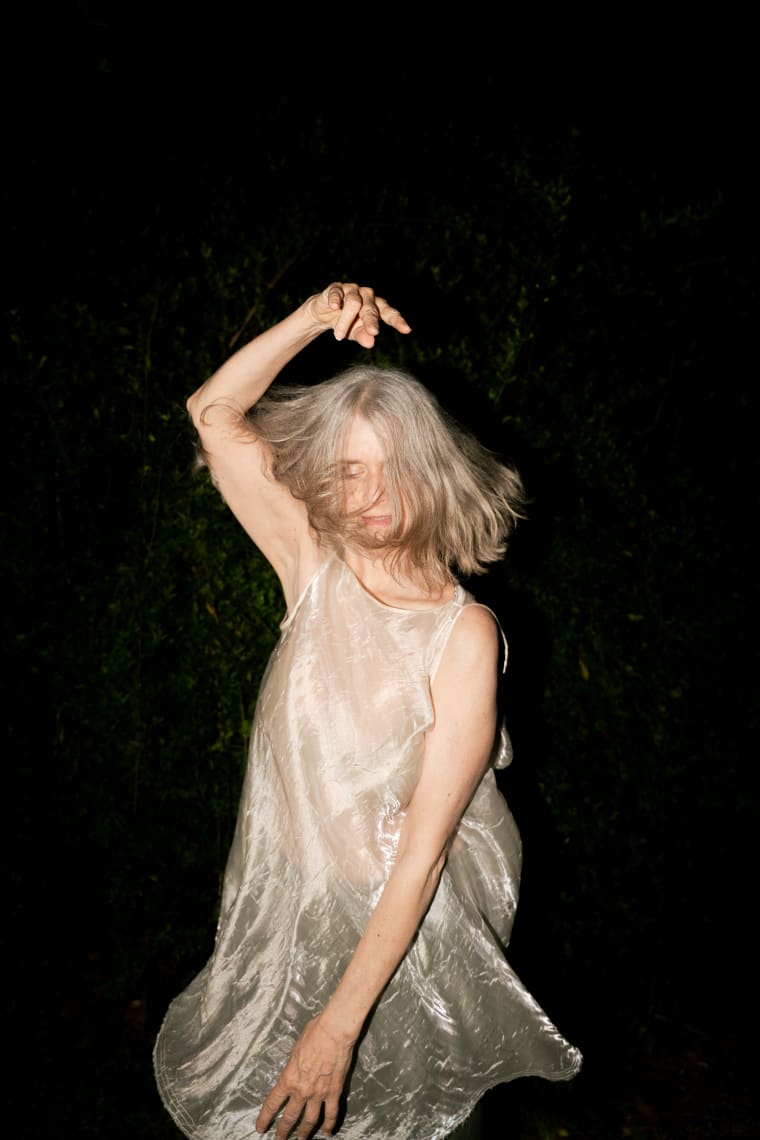
Photo by Verena Algranti
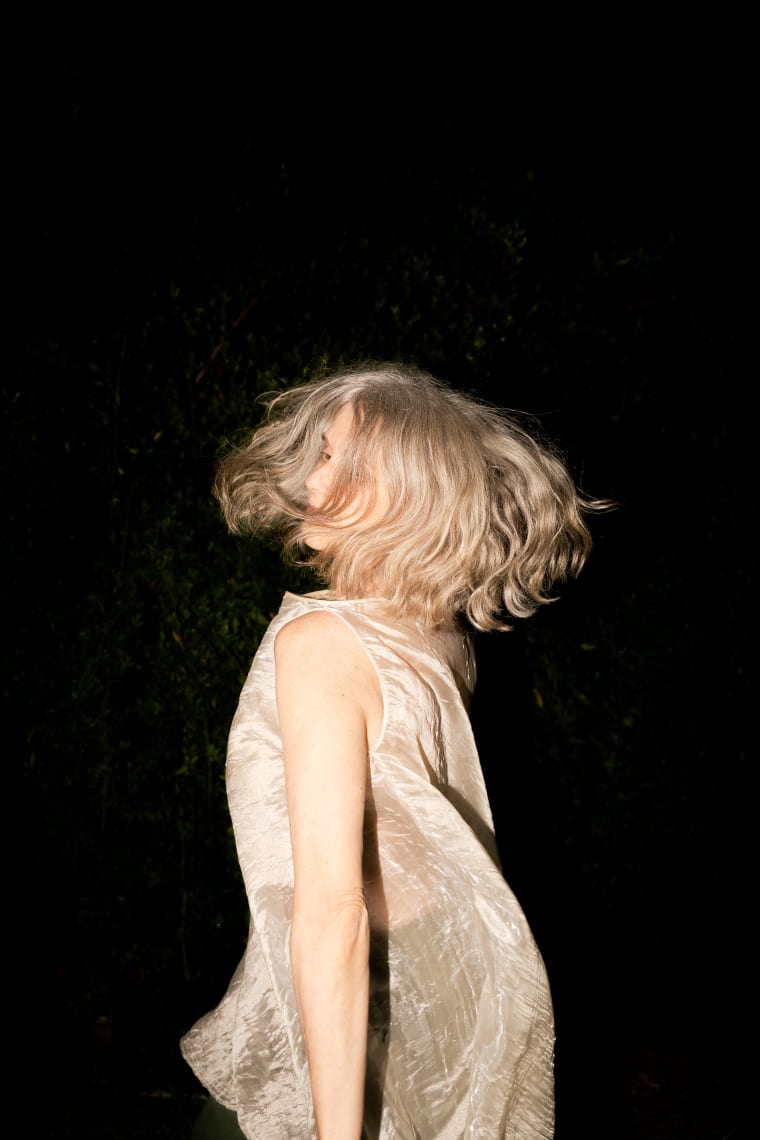
Photo by Verena Algranti
The FADER: You’ve described yourself as a control freak, but you’re able to get into a flow state when you’re making music. Would you describe it as ego death?
Juana Molina: Ego lives through thought, and when this happens to me, there’s no thought at all, so there’s no room for ego. One day I was recording some part of a song. I was totally taken by it, and all of a sudden I thought, “This is really nice!” It was as if I’d woken up from a dream; everything disappeared. I could never finish that melody. Whatever was happening never happened again.
I can’t have thoughts and at the same time do something true. When there are thoughts, intentions, concepts, ego, all bad things happen, everything bad. When you don’t think and you’re really there, the only result is pure truth. Whether you like it or not is a different problem.
How do you get yourself into that state of mind?
It becomes easier to come to the studio and dive into the pool you were swimming in the day before. I’m not trying to say I have a muse or spirits inspiring me, but when I’m very concentrated I feel that I’m guided by the instruments and the sounds, that they transmit me what to do with them. I know I’m leading, but I feel like I’m being led.
I’m sure that’s the way you feel when someone takes you dancing and leads you. I danced a lot with my [younger] sister when we were kids, and I used to lead her, so I’m unable to let myself be led. If a man tries to lead me in a dance, I get all stuck and stiff and worried. In relation to the instruments, I feel more like my sister. They lead me, and I just flow with them. I think those are the best moments in life.
When I’m very concentrated, I feel that I’m guided by the instruments and the sounds, that they transmit me what to do with them. —Juana Molina
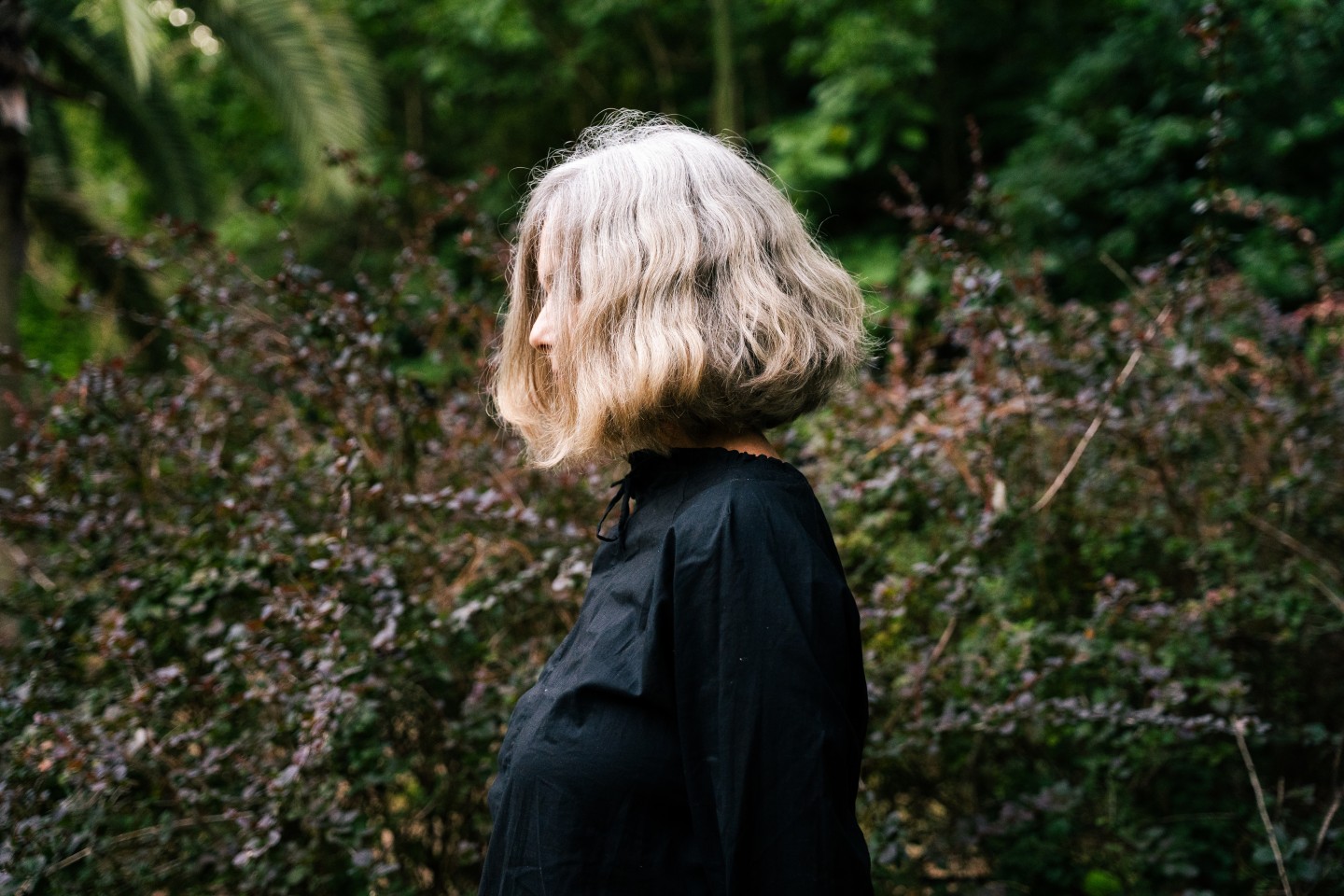
Photo by Verena Algranti
On the one hand, you want complete control. On the other, you can only make music by giving it up. How do you reconcile those two opposing forces in you?
I am 100% one or the other at different times. There’s going with the flow and allowing myself to be led by the sounds. Once I’ve recorded, the other me takes over again.
Is music the only thing that can put you in that state?
That and when you’re very much in love.
When do lyrics come into this process?
Lyrics are a bit torturous because they have nothing to do with music. They come from a totally different world. You need to force the lyrics to be disguised as a melody. I don’t want to just sing nonsense, but every word is like, “How do I say this to make it fit with these vowels and these accents and this amount of syllables. English is so much easier because 75% of your words are one syllable. Most Spanish words are at least two syllables long, so if you don’t want to change the melody, you need to find words that have accents where they need to go. That’s work. Making music is not working.
DOGA is, of course, not the Spanish word for dog. What does it mean to you?
Well, it’s a bit self-explanatory; it’s a female dog. I didn’t think about this until yesterday, when I got a comment that said, “Te amo, perra,” but it’s much nicer than “bitch” or “perra.” But I didn’t mean it that way at all. I think it’s a strong word, and I like the fact that it’s made up — there are a few made-up words in this record.
On ”uno es árbol” (“one is tree”), DOGA’s opening track, the lyrics repeat themselves until their sound becomes more relevant than their semantic meaning.
That song came as is. I started to sing and say “uno es árbol,” so it was already written, which never happens. I’m never that lucky. You can’t really say “one is tree,” and it’s the same oddity in Spanish, but I think that’s why it works.
What’s a “desarbol”?
I don’t know. It doesn’t exist. It’s an un-tree, and it came like that. I was possessed by something.
“siestas ahí” is such a perfect, pillowy love song. Did you know you had something special with that one right away?
We were so happy and so excited about it. [Co-producer Emelio Haro] was like, “This is the best song ever!” He loved it so much that he took it with him and worked on his own. I said, “What are you doing without me?!” But then he came back with lots of great ideas, and we became more and more obsessed.
The only thing that made me sad was that he really pushed me to write lyrics for it. I said, “I want this song with no lyrics, as it is right now. I think it’s perfect.” And he said, “No, please, Juana. This song needs lyrics.” Finally I wrote some lyrics and it was fine, but I got depressed. I was missing all that ethereal, floating nonsense. So one day, when the song was finished, walking like a cow [to slaughter], I said, “No! Let’s keep the nonsense [along with the lyrics].” And he said, “Yes! This is a good idea.” So the first verse is the way I sang it for the first time, and the second verse has lyrics. Once it came back to its origins, starting with those nonsense words, I felt at peace with the song.
The lyrics anchor the songs, like balloons that are attached to a branch so they don’t go away. That’s why I love the parts where the record is completely abstract, where it has no lyrics at all, where I’m traveling with the sounds and everything’s taking me. Then comes the live show, and it gets more difficult to sing because I’m not in that state anymore, singing whatever comes to my mind. I don’t know if I feel like singing those particular nonsense words [from the record], and I’m not sure I’m gonna have the same inspiration to make up those sounds every night.
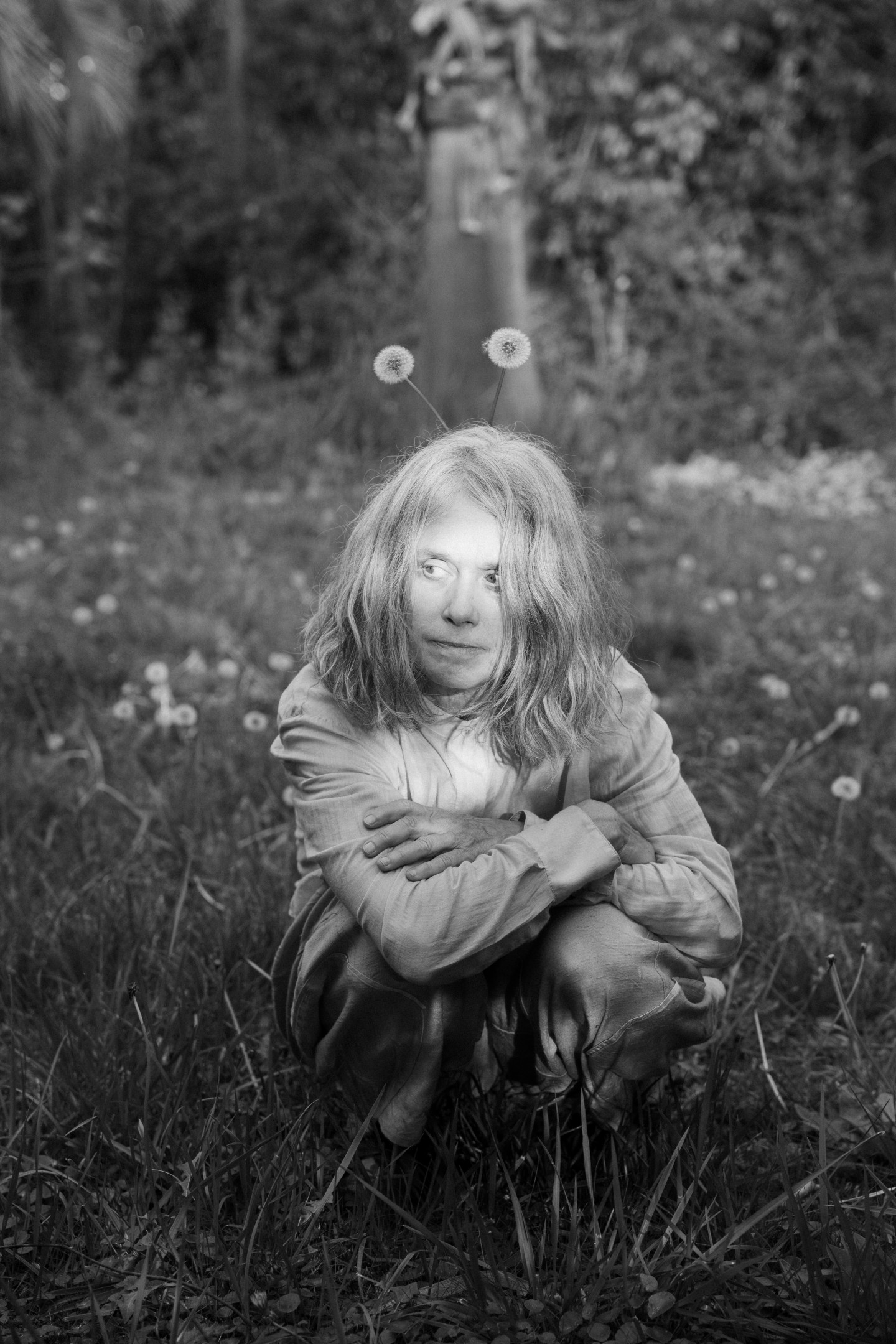
Photo by Verena Algranti

